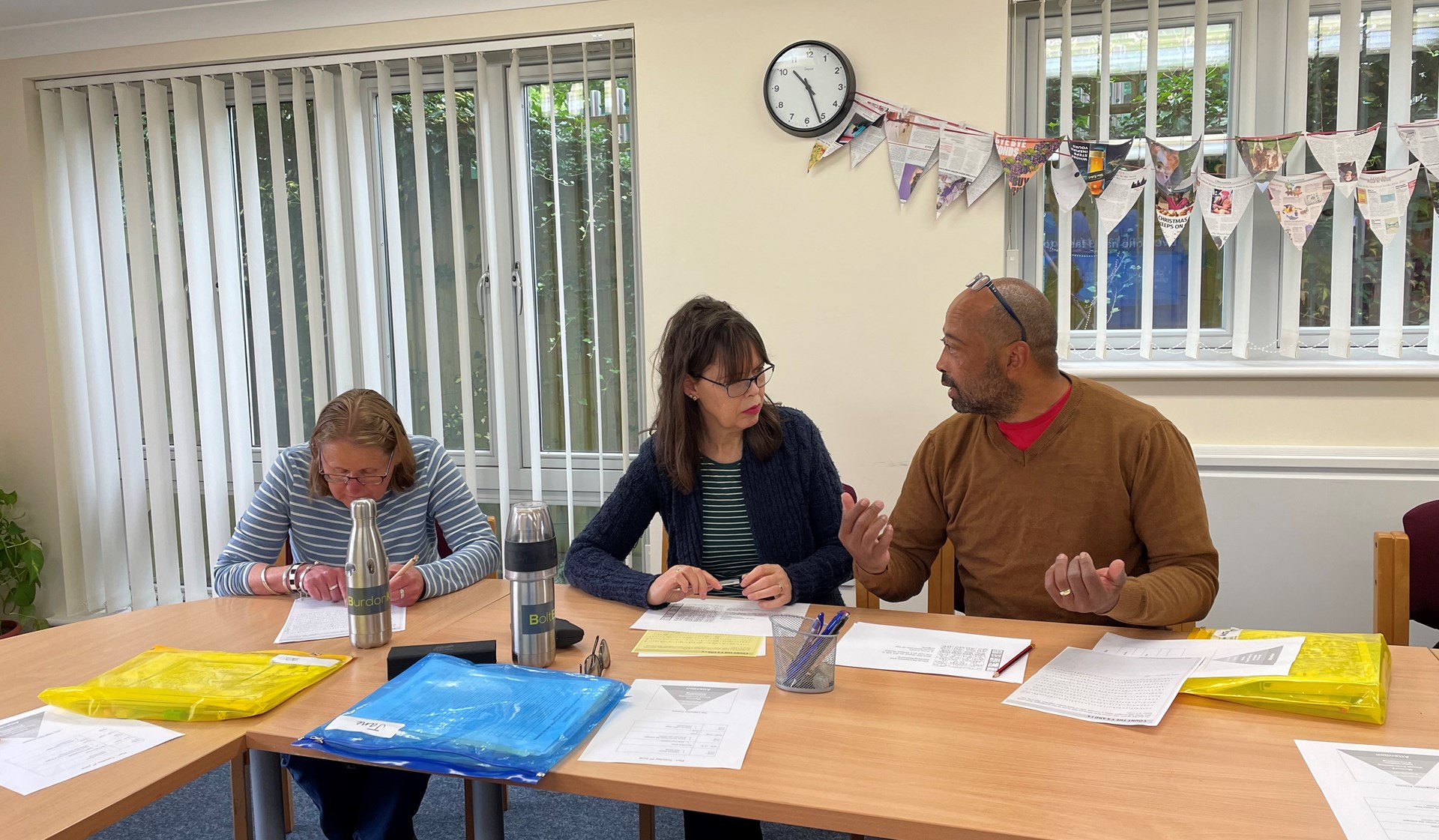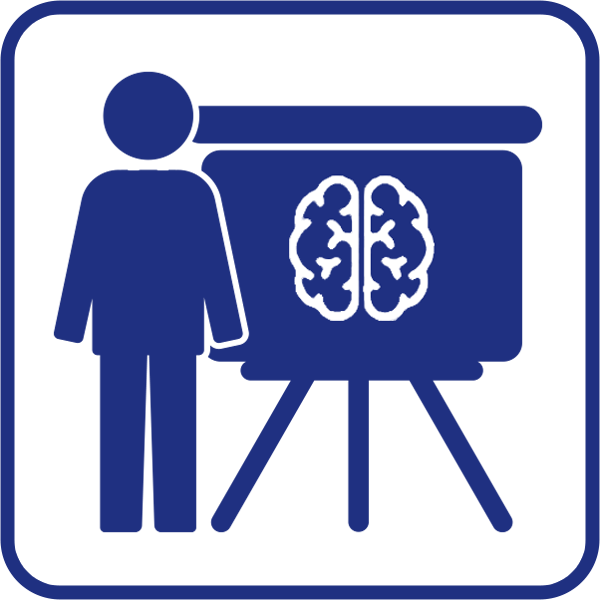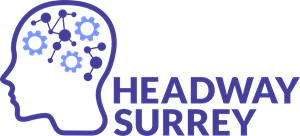
Centre Days
Centre Days run from 10am-2.30pm twice per week (Tuesday and Thursday) at our base in Guildford, this is the main gateway service to our clients. Clients attend on a regular set day every week. Fantastic peer support, social interaction and stimulation.
Centre Days provide specialist services and support aimed at improving the quality of life for ABI survivors and covers 3 areas.
1. Enablement – The main objective of the centre day is to provide an opportunity for survivors to relearn or regain skills that have been compromised due to adult acquired brain injury. Attendance is usually within the first 3 years of injury by survivors who are able to identify and work towards their own recovery goals. Their progress will be measured.
2. Maintenance – Long-term slow stream therapy. Centre Days provide an opportunity for survivors who have longer term ongoing or chronic needs to work towards goals or continue with activities that help them to maintain their current skills; quality of life; independence; autonomy and wellbeing. Attendance is usually after the first 3 years of injury and may take place many years after the injury. Research evidences that brain injury is a significant barrier to social integration for many survivors, even after 10 years[1] and asserts that skills which aren’t practiced are likely to be lost, leading to a higher dependency on statutory services and reduced opportunity for autonomy, independence and wellbeing[2].
3. Respite – The main objective is to allow the survivor to benefit from independence and stimulation away from their usual family/carers and residence. Providing a break for survivors and their carers may help to sustain households and support families to cope with the unwelcome challenges and changes that brain injury can bring[3]. Survivors accessing this placement may have significant behavioural outcomes that can present challenges in a non-specialist setting.
[1] https://www.tandfonline.com/doi/abs/10.1080/02699050802158243
[2] https://www.semanticscholar.org/paper/Self-reported-long-term-needs-after-stroke.-McKevitt-Fudge/0ed79b80f9583695dedcbd6aa17c2c469d6e44a7
[3] https://www.archives-pmr.org/article/S0003-9993(11)01063-X/fulltext
The Day
Session 1 - 10am
Individual worksheet exercises tailored to individual needs.
Session 2
Group brain injury education covering the cognitive skills impacted by an ABI, such as attention, memory and information processing, and executive skills such as decision making, planning, problem solving, insight and emotional regulation. Physical, communication or behavioural difficulties are also discussed.
Explanatory educational slides may accompany the session, giving examples and solutions to problems that you may encounter, helping you to think about your own situation and how best to deal with things, and learning from hearing how others cope. The sessions include interactive process training tasks to practise some cognitive skills. Different strategies will be discussed in order to improve your well being and independence.
Other activities may be held during this time for variety, for example creative writing, seated exercise, special planning projects, gardening, returning to work and guest speakers.
Lunch Hour - 12 noon
A social time to enjoy your packed lunch with the group. Free time for general conversation, do a crossword puzzle, read a newspapers, play pool or sit in the garden.
Session 3 - 1pm
Afternoon sessions of board games, baking, discussions, art, crafts, seated boccia and occasional guest speakers.
2.30pm finish
Charges - please click HERE

Charges and Referral
Read about our charges and how to be referred to Headway Surrey.


Brain Injury Education Workshops
Education workshops aim to help the understanding of how brain injury affects a person’s thinking skills.

Brain Injury ID Card
The Card is designed to help the general public and Police to more easily identify brain injury survivors and ensure that they receive an appropriate response and support.

Coffee Morning Online
This is a FREE SERVICE and is available to anyone with an Acquired Brain Injury.

Counselling Services
A safe space to enable change without judgement where each person can explore and discuss their issues.

Family and Carers Survival Toolkit Course
Family, close friends and carers are important and need their own space and time to deal with the effects of being with and caring for someone with a brain injury.

Friday Friends Drop In
This is a FREE SERVICE and is available to anyone with an Acquired Brain Injury.

One to One Individual or Family Sessions
We offer one to one education sessions on zoom for individuals or family groups to educate and support on individual issues.

Lunch & learn and professional training
We can provide tailored training to your staff or group. This can be a presentation on a particular topic or a question-and-answer session.

Young Persons Group 18-35
We have a range of sessions suitable for young people aged between 18 and 35.

Walking Talking Group
Adults with a brain injury learn about the brain and changes to cognition, fatigue, emotion and communication.

Understanding Brain Injury Course
Adults with a brain injury learn about the brain and changes to cognition, fatigue, emotion and communication.

Link workers and hospitals
We can provide tailored training to your staff or group. This can be a presentation on a particular topic or a question-and-answer session.
How you can Help Us
Donate to Headway Surrey
We rely on voluntary donations to continue to provide vital services to brain injury survivors and their families. There are many ways to make a donation
Fundraising
It is surprisingly easy to help raise funding for Headway Surrey.

